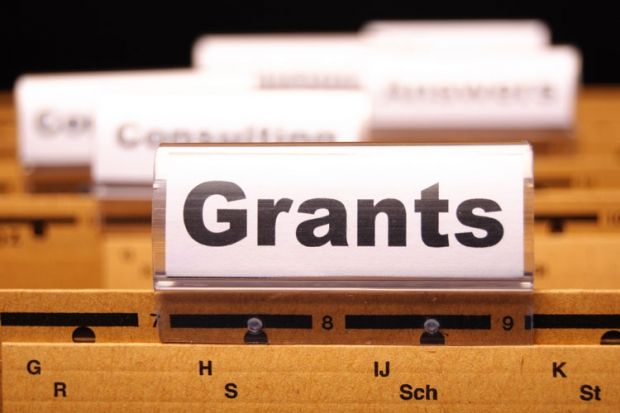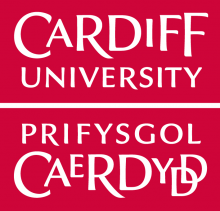Biotechnology and Biological Sciences Research Council
Research grants
- Award winner: John Rothwell
- Institution: University College London
- Value: £429,247
Exploring the physiology and behavioural relevance of circuits in the human motor cortex with a novel transcranial magnetic stimulation device
- Award winner: Lora Heisler
- Institution: University of Aberdeen
- Value: £376,436
Function of brainstem brain-derived neurotrophic factor (Bdnf) in food choice
- Award winner: Clive Wilson
- Institution: University of Oxford
- Value: £518,971
Linking reproductive behaviour and dense core granule biogenesis in secondary cells of the Drosophila male reproductive system
Science and Technology Facilities Council
Research grants
- Award winner: Helen Boston
- Institution: University of Liverpool
- Value: £230,481
A three-dimensional integrated gamma-ray and vision system
- Award winner: Paul Evans
- Institution: Nottingham Trent University
- Value: £108,556
ACID – Accelerated Contraband Identification by Diffraction
- Award winner: Thomas Scott
- Institution: University of Bristol
- Value: £152,169
Laser-driven multimodal probe beams for nuclear waste inspection
Leverhulme Trust
Research project grants
Sciences
- Award winner: Matthew Grubb
- Institution: King’s College London
- Value: £212,234
Linking functional and epigenetic plasticity at the single-neuron level
- Award winner: Scott Habershon
- Institution: University of Warwick
- Value: £104,642
Network organisation in biological photosynthesis
- Award winner: Wassim Jabi
- Institution: Cardiff University
- Value: £300,485
Enhancing the representation of architectural space in 3D modelling environments
- Award winner: Paul Long
- Institution: King’s College London
- Value: £384,673
Are endoparasitic cnidarians venomous animals? A pioneering study into an ancient lineage
In detail
Award winner: Vera Kempe
Institution: Abertay University
Value: £151,091
Literacy acquisition in situations of dialect exposure
Many children grow up speaking a local dialect at home before they are introduced to the standard language when they start school. Consequently, they encounter competing phonological or phonetic variants of words – standard English “house” versus “hoose” in Scots. This project will use lab experiments to teach children and adults to read and write in an invented language to study, in a controlled manner, the effects of encountering competing variants of words on literacy acquisition. “Some educators seem to believe that exposure to dialects can hinder children’s learning to read and write, and have on occasion even resorted to banning the use of local dialects in schools,” Vera Kempe, professor of the psychology of language learning at Abertay University, told Times Higher Education. “However, direct evidence for this belief is lacking, apart from a few US-based studies” that looked at literacy acquisition in children exposed to African American Vernacular English in the home. “By creating different experimental conditions, we hope to be able to determine if encountering competing variants of words is indeed detrimental to literacy acquisition, and if so, what factors can remedy such an effect.”
Register to continue
Why register?
- Registration is free and only takes a moment
- Once registered, you can read 3 articles a month
- Sign up for our newsletter
Subscribe
Or subscribe for unlimited access to:
- Unlimited access to news, views, insights & reviews
- Digital editions
- Digital access to THE’s university and college rankings analysis
Already registered or a current subscriber?


